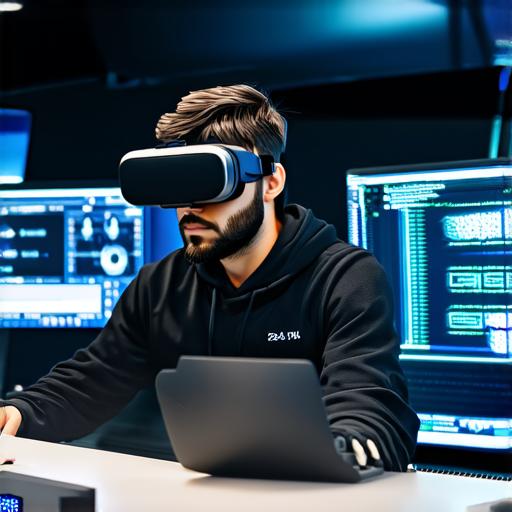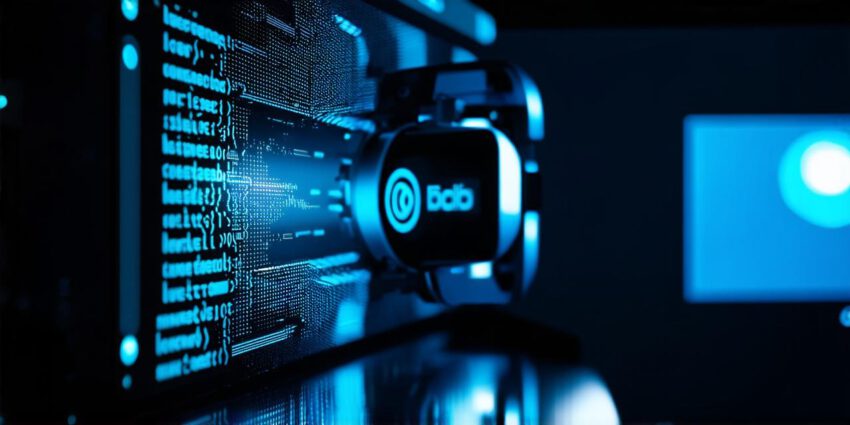Virtual Reality (VR) technology has revolutionized various industries, including mobile gaming. The development of VR applications requires a unique set of skills that are different from traditional software development. In this article, we will explore the essential skills for VR development and provide real-life examples and case studies to illustrate how these skills can be applied in mobile gaming app development.
The first step towards becoming an effective VR developer is to understand the technology behind it. You need to have a clear understanding of how VR works, its limitations, and its potential. This includes knowledge of hardware specifications, software requirements, and user experience design principles. For example, mobile gaming app developers should be aware of the limitations of mobile devices and how they can optimize their games for VR.
Programming for VR requires a different set of skills than traditional programming. You need to have knowledge of programming languages such as C++, Unity, or Unreal Engine. Additionally, you should have experience with developing VR applications using these platforms. For instance, mobile gaming app developers can use Unity to create immersive VR games that run smoothly on mobile devices.
User experience (UX) design is critical in VR development as it directly impacts the user’s perception of the technology. You need to have knowledge of UX design principles and how to apply them in a VR context. This includes designing intuitive interfaces, creating immersive environments, and ensuring that the user experience is seamless across all devices. For example, mobile gaming app developers can use Unity’s built-in tools to create engaging VR games with an intuitive user interface.

Motion capture and tracking are essential components of VR development. You need to have knowledge of how motion capture works and how to integrate it into your applications. Additionally, you should have experience with tracking devices such as Oculus Touch or HTC Vive wands. For instance, mobile gaming app developers can use motion capture to create realistic character movements in their VR games.
Performance optimization is also crucial in VR development. VR applications require optimizing performance to ensure that the application runs smoothly and without lag. This includes optimizing graphics, reducing latency, and minimizing motion sickness. For example, mobile gaming app developers can use Unity’s profiling tools to identify performance bottlenecks in their VR games and optimize them for better performance on mobile devices.
One of the best examples of how these skills can be applied is Beat Saber, a popular VR game that has been downloaded millions of times. The game’s success can be attributed to its engaging user experience, intuitive controls, and immersive environment. Mobile gaming app developers can learn from Beat Saber’s design principles and apply them in their own VR games.
When it comes to programming languages for VR development, C++ is a popular choice as it provides low-level control over hardware resources, which is essential for VR applications. Unity and Unreal Engine are also commonly used platforms for VR development due to their ease of use and extensive libraries of assets and tools.
Motion capture and tracking can be complex to implement, but they can create a more realistic and immersive experience for the user. One approach is to use motion capture sensors such as Oculus Tracking or Vive Pro Eye to track the user’s movements and translate them into in-game actions. This can significantly enhance the user experience and provide a more realistic feel to the game.
Performance optimization is also crucial in VR development, as even small delays or lag can cause motion sickness and negatively impact the user experience. One approach is to optimize graphics by using techniques such as occlusion culling, which removes objects that are not visible to the user from the rendering process. This can significantly reduce the load on the hardware and improve performance.
In conclusion, VR development requires a unique set of skills that are different from traditional software development. By understanding virtual reality, programming for VR, UX design for VR, motion capture and tracking, and performance optimization, mobile gaming app developers can create engaging and immersive VR games that provide a seamless user experience. With the rapid growth of VR technology, there is no better time for mobile gaming app developers to explore this exciting field and take their development skills to the next level.

